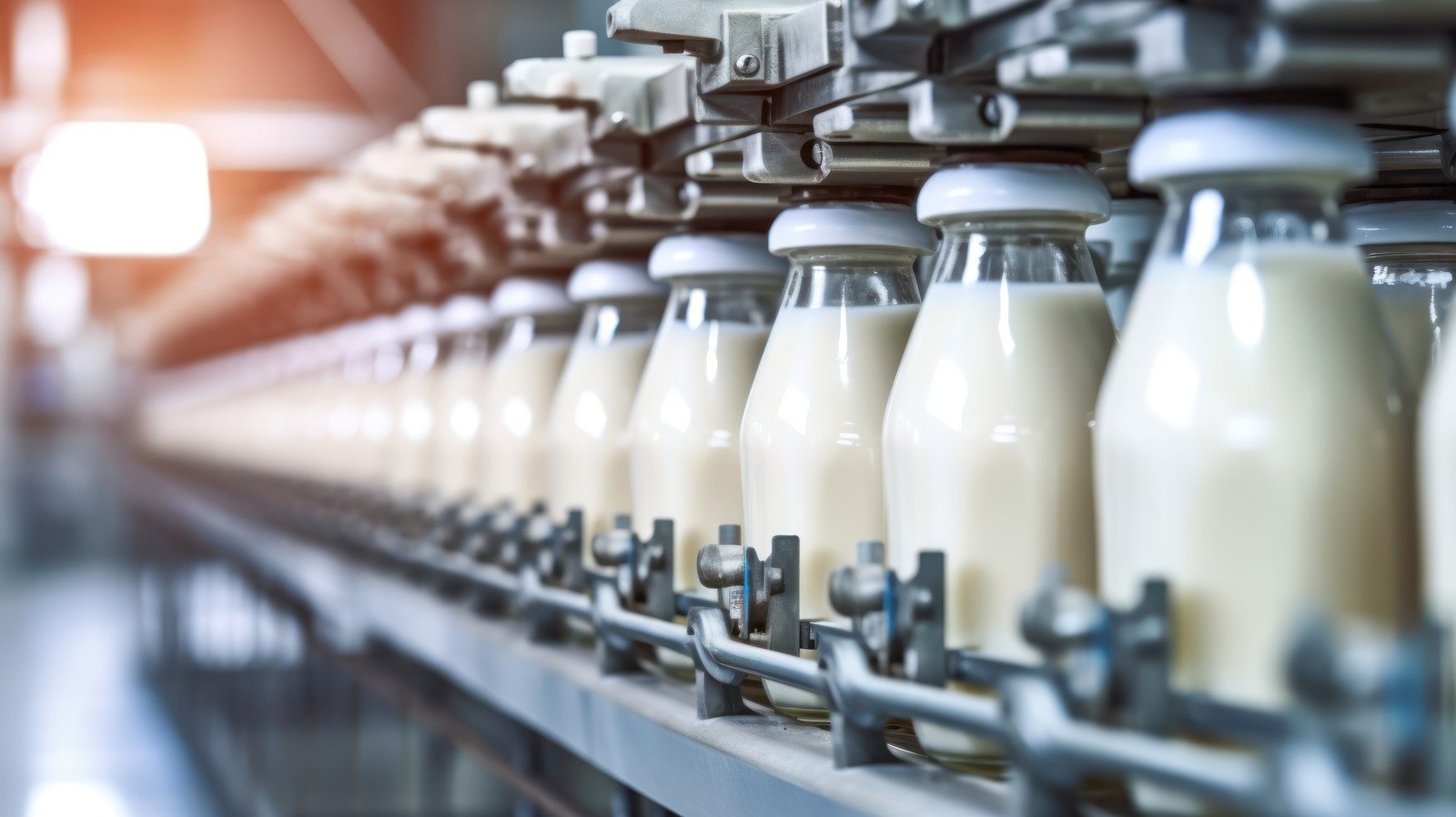The False Assumption Everyone Makes About Milk
When it comes to food and nutrition, there are often misconceptions and false assumptions that tend to prevail. One such assumption that has been widely accepted for years is the belief that milk is essential for human health. From an early age, we are taught that drinking milk is crucial for strong bones, healthy teeth, and overall growth and development. However, recent scientific research has questioned this belief and shed light on the true nature of milk. In this article, we will explore the false assumption that everyone makes about milk and uncover the facts behind this controversial topic.
The Myth of Milk and Strong Bones
One of the most common claims about milk is that it is necessary for maintaining strong and healthy bones. Many people assume that drinking milk is the key to avoiding conditions such as osteoporosis in later life. However, contrary to popular belief, milk may not be as beneficial for bone health as we have been led to believe.
Research has shown that countries with the highest consumption of dairy products, including milk, also have the highest rates of osteoporosis. This phenomenon can be attributed to several factors. Firstly, milk contains high levels of animal protein, which can acidify the body and lead to a loss of calcium through urine. Additionally, milk is not the only source of calcium available to us. Leafy greens, beans, nuts, and fortified plant-based milk alternatives can provide the necessary calcium without the negative effects associated with dairy consumption.
Milk and Lactose Intolerance
Another false assumption about milk is that it is universally digestible and suitable for everyone. In reality, a significant portion of the world’s population is lactose intolerant, meaning they lack the enzyme required to digest lactose, the sugar found in milk. Consuming milk or dairy products can lead to unpleasant symptoms such as bloating, gas, stomach cramps, and diarrhea in lactose-intolerant individuals.
It is important to note that lactose intolerance is not a disease or abnormality. In fact, the ability to digest milk beyond infancy is a genetic mutation that occurred in some populations as a result of cultural practices. Therefore, assuming that milk is a necessary part of the human diet disregards the genetic differences among individuals around the world.
Milk and Hormones
One concerning aspect of milk production is the prevalence of artificial hormones used in dairy farming. To increase milk production, cows are often injected with synthetic hormones, most commonly bovine growth hormone (rBGH) or recombinant bovine somatotropin (rBST). These hormones have been linked to various health issues in both cows and humans.
Consuming milk from cows treated with artificial growth hormones can disrupt the natural hormonal balance in our bodies. This disruption has been associated with increased risks of certain cancers, such as breast and prostate cancer. Therefore, assuming that milk is completely safe without considering the potential hormonal implications can be a dangerous misconception.
Milk and Ethical Concerns
While health-related aspects of milk consumption are important, it is crucial to address the ethical concerns surrounding milk production as well. The dairy industry involves the systematic exploitation of cows, separating calves from their mothers at birth, and subjecting them to forced pregnancies and continuous milk production. This process raises ethical questions about consuming a product that is derived from such practices.
Assuming that milk is an essential part of our diet without considering the ethical implications overlooks the suffering that cows endure in the name of milk production. It is important to consider animal welfare and explore alternative options that align with our values as compassionate beings.
Alternatives to Milk
Given the issues discussed above, it is essential to explore alternative options for obtaining the nutrients typically associated with milk. Fortunately, there are numerous plant-based milk alternatives available in the market that offer comparable nutritional benefits without the drawbacks of dairy milk.
Soy milk, almond milk, oat milk, and coconut milk are just a few examples of plant-based alternatives that provide a range of vitamins, minerals, and essential nutrients. These alternatives are often fortified with calcium and vitamin D, making them suitable replacements for those concerned about their calcium intake.
Conclusion
It is evident that the assumption everyone makes about milk being essential for human health is a false one. While milk can be a source of certain nutrients, it is not the only option available, nor is it suitable or necessary for everyone. The myth of milk and strong bones, the prevalence of lactose intolerance, the potential hormonal implications, and the ethical concerns associated with milk production all challenge the conventional belief about the indispensability of milk. As consumers, it is crucial to be informed and open-minded, exploring various alternatives that align with our health, ethical, and environmental concerns.
*Source www.foodrepublic.com




































